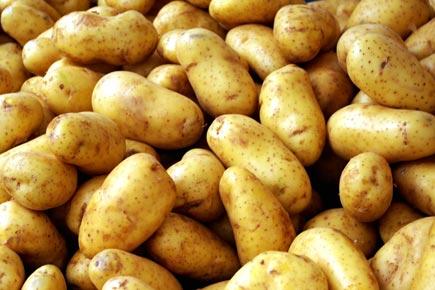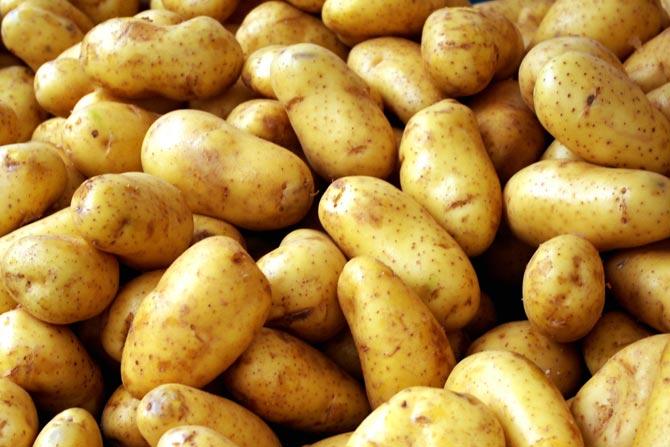Scientists plan to grow potatoes in Mars-like conditions simulated on Earth, in a major step towards building a controlled dome on the red planet capable of farming the invaluable crop

Washington: Scientists plan to grow potatoes in Mars-like conditions simulated on Earth, in a major step towards building a controlled dome on the red planet capable of farming the invaluable crop.
ADVERTISEMENT
 Representational picture
Representational picture
The experiment, led by the International Potato Centre (CIP) in Peru and NASA in US, demonstrates that potato crops can be grown in the most inhospitable environments to save millions of lives.
The goal is to raise awareness of the incredible resilience of potatoes, and fund further research and farming in devastated areas across the globe where malnutrition and poverty are rife and climbing, researchers said.
"We need people to understand that if we can grow potatoes in extreme conditions like those on Mars, we can save lives on Earth," said Joel Ranck, CIP Head of Communications. Currently, famine affects 842 million people around the world. Global warming creates poor soil conditions and increases the prevalence of pests and disease which have the combined effect of limiting harvests globally but particularly in vulnerable areas where poverty, malnutrition and food insecurity already exist.
Understanding atmospheric changes on the surface of Mars will help build more dynamic and accurate simulation centres on Earth, providing further research for both CIP and NASA, who are looking to pioneer space farming for future manned missions to other planets and moons in our solar system.
"I am excited to put potatoes on Mars and even more so that we can use a simulated Martian terrain so close to the area where potatoes originated," said Julio E Valdivia-Silva, SETI Researcher Associate of NASA, who is leading the project's science team.
By using soils almost identical to those found on Mars, sourced from the Pampas de La Joya Desert in Peru, researchers will replicate Martian atmospheric conditions in a laboratory and grow potatoes.
The increased levels of carbon dioxide will benefit the crop, whose yield is two to four times that of a regular grain crop under normal Earth conditions. The Martian atmosphere is near 95 per cent carbon dioxide.
"The idea of growing food for human colonies in space could be a reality very soon," said Chris McKay, planetary scientist of the NASA Ames research centre.
 Subscribe today by clicking the link and stay updated with the latest news!" Click here!
Subscribe today by clicking the link and stay updated with the latest news!" Click here!







